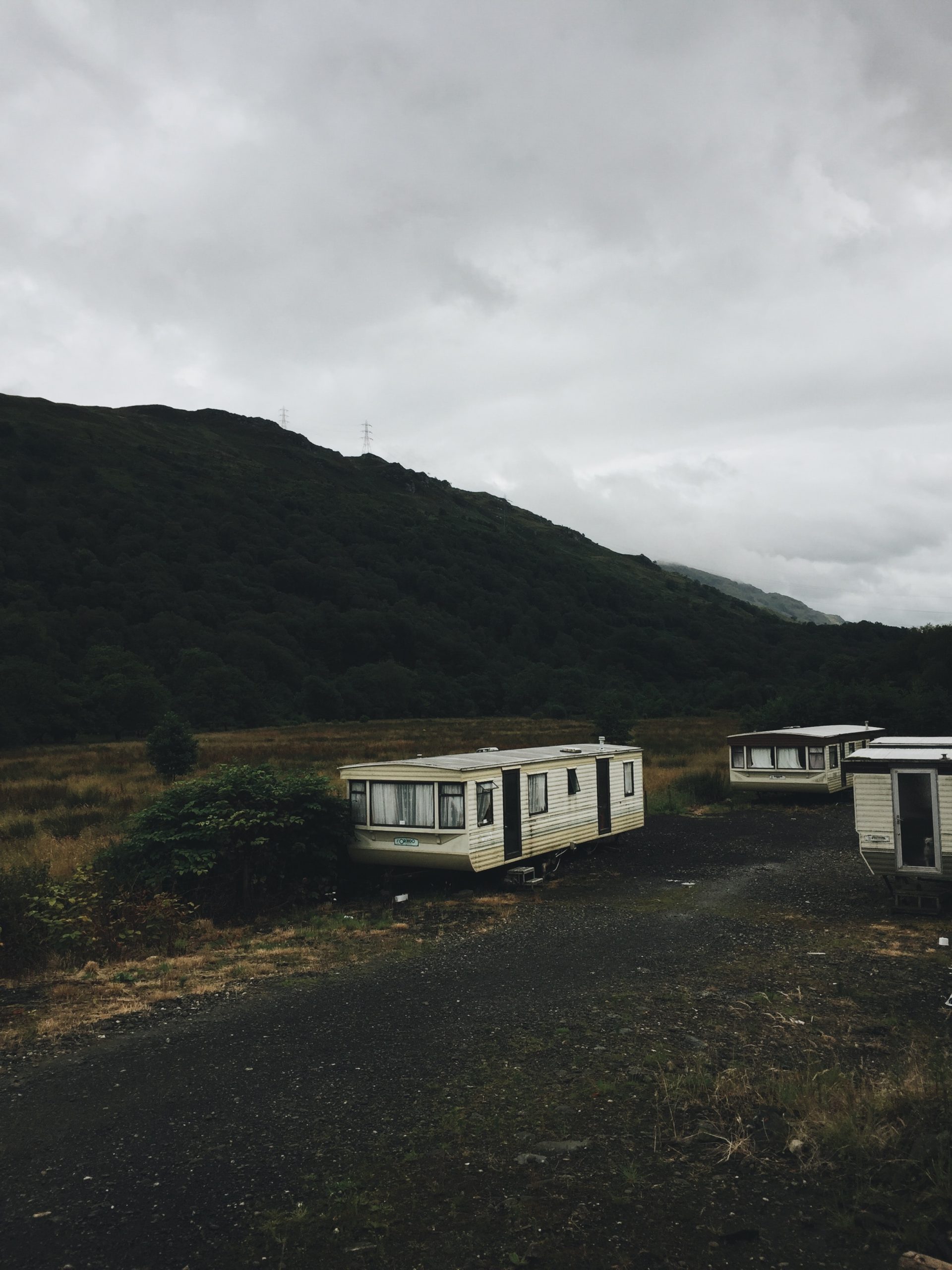In many states, if you get hurt as a result of an “open and obvious danger,” you’re generally out of luck because whoever owns the property has no duty to warn or protect you from such a hazard. Instead, it’s your responsibility to protect yourself.
But if you’ve been hurt by a condition that, in retrospect, seems like it was open and obvious, you should still talk to an attorney because you may have rights.
Take, for example, a recent case from Michigan, where Debra Sedlecky slipped and fell entering a pool in her residential mobile home community.
Sedlecky sought to hold the community responsible for her harm, arguing that the stairs were unreasonably dangerous. In making her case, she pointed out that the steps she slipped on did not have slip-resistant treads. She also noted that the steps did not have contrasting colors on their front edges to make them more visible in the water or a handrail that was up to code and extended the length of the stairs.
The community said the slippery nature of the stairs was open and obvious and that they were fit for their intended use. It also argued that video footage showed that Sedlecky slipped because of her own physical limitations and not because of any problem with the stairs, which had passed a state inspection two weeks earlier.
A trial judge agreed with the community and dismissed the case.
But the Michigan Court of Appeals reversed the decision, concluding that Sedlecky had provided enough proof that the stairs violated state safety laws and codes regardless of the results of the inspection. The court stressed that the stairs may have become noncompliant by the time of Sedlecky’s fall.
The court also said the video didn’t make it clear if the plaintiff’s knee gave out, as the community argued, or if she slipped. Now Sedlecky will get a chance to have a jury determine whether the community should compensate her for her harm.
